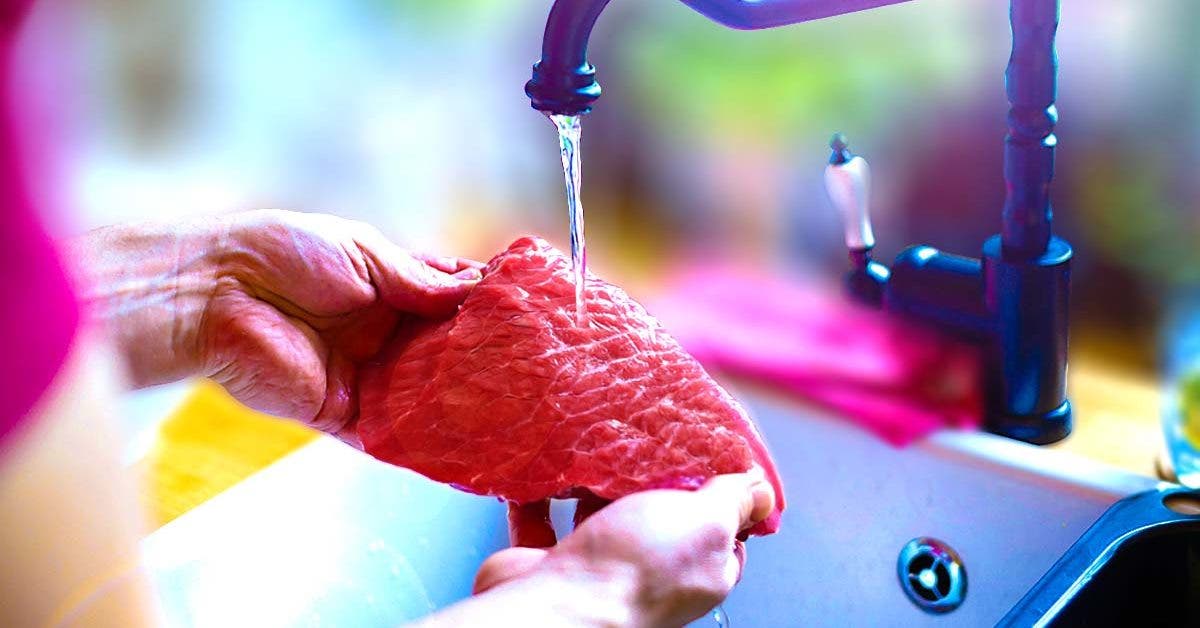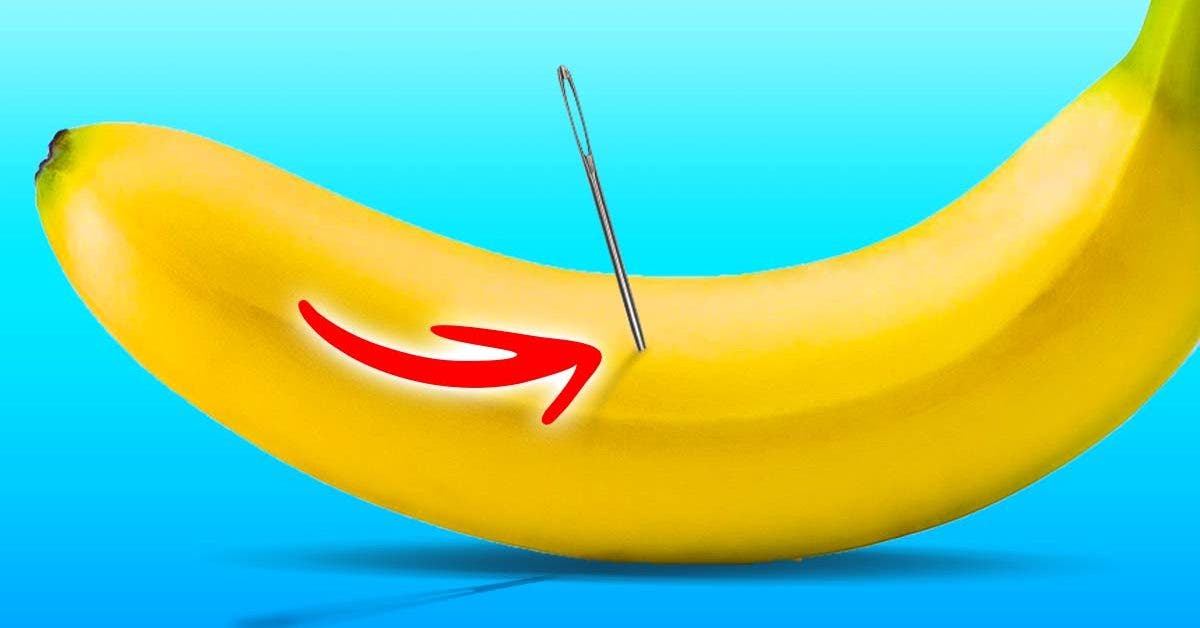Do you really have to wash the meat before cooking it?
Should the meat be washed or not before cooking? Opinions differ on this. When some think that this reduces the risk of contamination by bacteria, others, on the contrary, believe that cooking is sufficient to consume healthy meat. Here are some answers.
Just like with fruits and vegetables, washing meat is an almost natural reflex. However, this seemingly logical action raises many questions. Although some research has shown the danger that this represents, some people continue to do so as a precaution.
Should the meat be rinsed before each cooking?
One thing is certain, washing meat under running water does not make it cleaner or healthier. It would even seem that washing the meat under running water is at the origin of the spread of bacteria. Alexandra Retion, nutritionist and dietician, explains for the current magazine Femme, the disadvantages of this practice.
– Washing the meat constitutes a risk of proliferation of bacteria
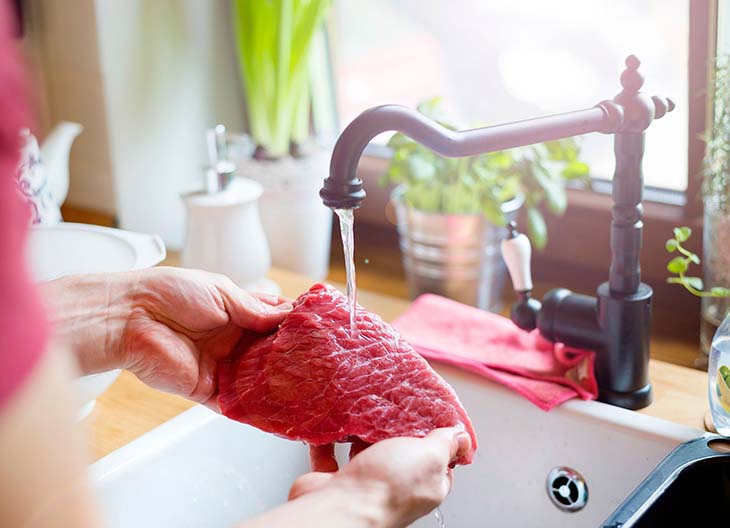

Rinse the meat – Source: spm
It may seem surprising but washing the meat before cooking can make the problem worse. Indeed, by rinsing the meat before cooking, you increase the risk of cross-contamination. As relayed by the Canadian health site, rinsing with water common use of meat, poultry or fish before cooking leads to the spread of bacteria, such as Salmonella or Campylobacter, to other surfaces work, kitchen utensils or other food. These bacteria can lead to food poisoning, according to the CDC (Centers for Disease Control and Prevention), especially since washing meat under running water would be totally unnecessary and does not eliminate foodborne pathogens.
However, according to a study published in the Journal of Food Protection, washing the surface of meat with an acid solution such as vinegar or lemon juice, would reduce the number of bacteria on raw meat, compared to washing with running water. Still, the surest way to eliminate harmful germs is to cook meat thoroughly.
One thing is certain, washing meat does not kill bacteria. These are already present on the surface and can easily spread in your kitchen. Here are the best steps to take to limit the risk of contamination.
– Clean surfaces that have been in contact with meat
It is essential to thoroughly clean the surfaces used after preparing or cutting the meat namely: the work surface , the cutting board and the sink. For this, do not hesitate to spray white vinegar on the different areas concerned. Let the product act before wiping with a clean, damp cloth.
– Wash your hands after touching raw meat
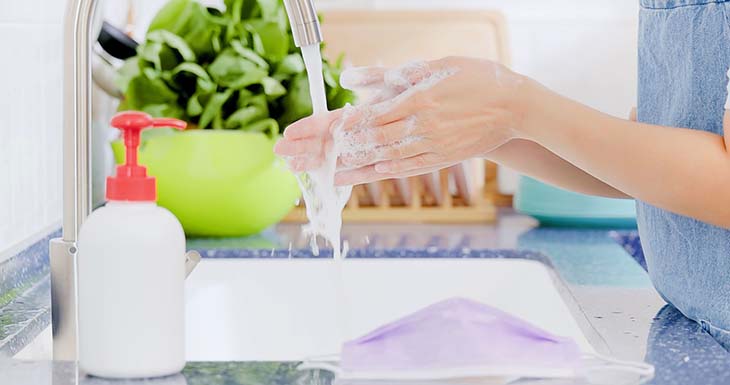
Washing hands – Source: spm
To reduce the risk of contamination, hands should be washed thoroughly after coming into contact with meat. To do this, use warm soapy water and rub your hands gently for about twenty seconds.
– Separate raw meat from other foods
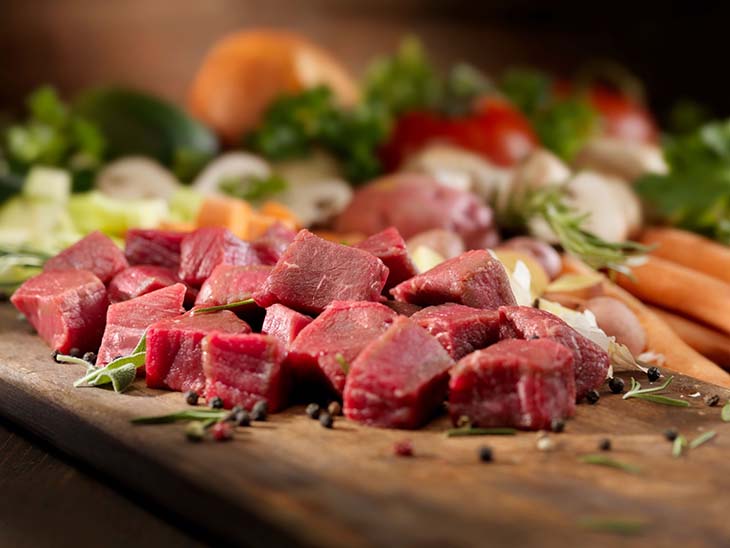

Pieces of beef – Source: spm
Since raw meat contains bacteria, it should be separated from other foods that are ready to eat. By doing so, you will avoid the risk of cross-contamination.

